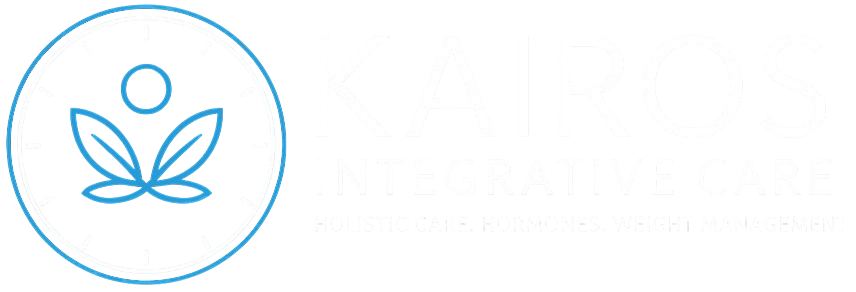A plant-based diet is often seen as a lifestyle or weight loss choice. But for some people, especially those with a specific genetic profile, it can be a powerful tool for preventing serious conditions like heart disease and Alzheimer’s.
Emerging research suggests that your genetic makeup may influence how effectively your body clears cholesterol. And if your cholesterol stays high despite eating well and exercising, the answer might lie in your DNA, not your discipline.
This is where functional medicine shifts the conversation from what to eat to what your body actually needs and how a plant-based diet for heart and brain can be personalized for your health.
Impact of Genes on Your Diet
You must be aware of these three genes. The ApoE gene helps your body process cholesterol. ApoE3 is neutral. ApoE2 is somewhat protective. But if you carry one or two copies of ApoE4, your body may not clear cholesterol as efficiently. That means LDL particles hang around longer, increasing your risk for both heart disease and cognitive decline.
Studies show that ApoE4 is directly linked with increased Alzheimer’s risk, especially when paired with a high saturated fat diet. That’s why knowing your ApoE genotype can change how you eat, especially when it comes to fat.
How a Plant-Based Diet Helps Your Body Do Its Job?
A plant-based diet is not about removing everything you enjoy; it’s about helping your body process what it needs more efficiently. For those with ApoE4, a plant-based diet may be a more proactive diet.
Plants are naturally rich in fiber, polyphenols, and antioxidants, all of which reduce inflammation and support cholesterol clearance. They also help balance blood sugar, support the gut, and feed your microbiome, all of which influence brain and heart health.

Unlike saturated fats from red meat, butter, or coconut oil, plant-based fats like those in olive oil, avocados, and flaxseeds are less likely to contribute to cholesterol, particle oxidation, or inflammation
Fiber from vegetables, beans, oats, and chia seeds also helps pull excess cholesterol out of the body through the digestive system.
We always say that this doesn’t mean everyone needs to go 100% vegan. But shifting to a plant-forward plate, with more plants and fewer animal-based saturated fats, can make a noticeable difference in your health, especially if you are genetically sensitive.
Smart Plant-Based Swaps That Support Your Body
Our goal is to help you enjoy meals that support your body and promote healing.
- Instead of red meat, try lentils, tempeh, black beans, or jackfruit tacos, delicious and heart-friendly for your health.
- Instead of dairy cheese, try creamy cashew cheese or flavor-packed sauces made with nutritional yeast to support brain and cholesterol health.
- Cook with olive oil, avocado oil, or tahini instead of butter or ghee. These fats are easier to process and can help improve LDL clearance.
- Instead of processed vegan meats, try whole-food options like mushroom patties, quinoa burgers, or herb-marinated tofu.
How We Personalize Nutrition at Kairos
At Kairos Health Integrative Primary Care, we offer simple genetic tests that check your ApoE genotype, giving you answers in days. We test:
- ApoE genotype helps us understand how your body responds to different types of fat.
- LDL particle size and oxidation show us how likely your cholesterol is to cause damage.
- Thyroid and liver panels tell us how well your body is processing and clearing cholesterol.
- Micronutrient testing reveals any gaps in nutrients like choline, omega-3s, selenium, or zinc, essential for cholesterol balance and cognitive health. When we know this, we can guide your nutrition in a way that supports your long-term wellness, not just short-term results.
With this information, we design nutrition plans that support your long-term wellness.
Why Prevention is Powerful
If heart disease or Alzheimer’s runs in your family, waiting for symptoms isn’t the answer. The earlier you support your body, the better your chances of staying well long-term. That’s where functional care makes the difference. Instead of vague advice, we help you answer questions like:
- What type of fat is right for me?
- Is my liver clearing cholesterol well?
- Could I benefit from eating more plants, not just for weight, but for protection?
Conclusion
You don’t have to give up meat completely or follow the latest diet trends. But if your cholesterol is still high, or you have a family history of heart or brain issues, it’s worth looking deeper.
At Kairos Health Integrative Primary Care, Lola, one of our Board-Certified Nurse Practitioners, uses advanced testing to find out what your body truly needs. Then we help you build a clear, personalized plan—one that supports both your heart and brain health..
We accept major insurance plans like Aetna, Cigna, BCBS, Tricare, UHC & more. Book your cholesterol and cognition review session today!




